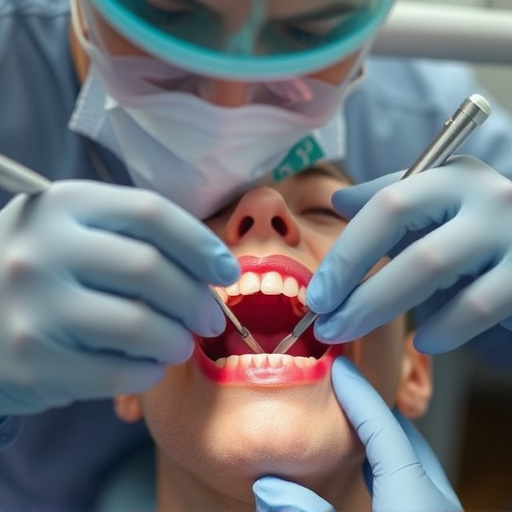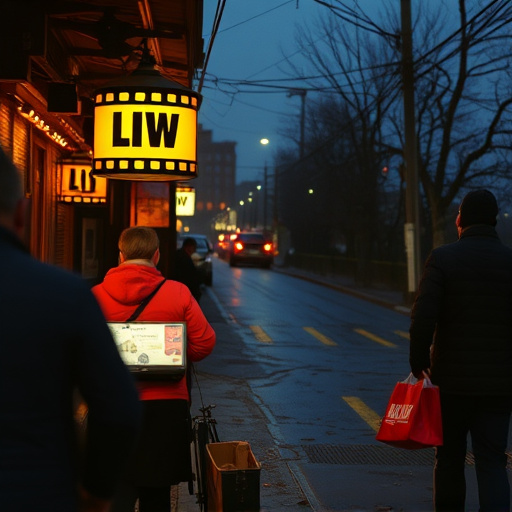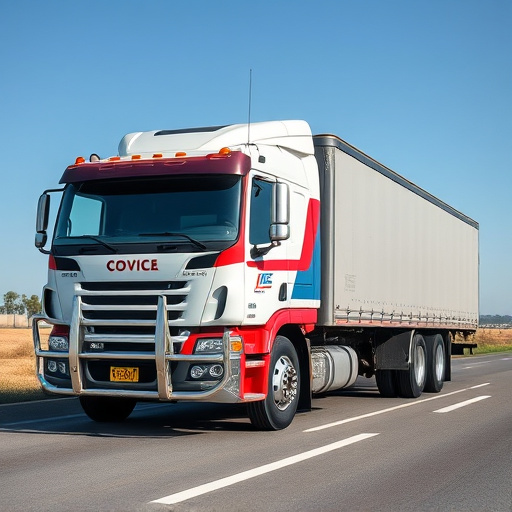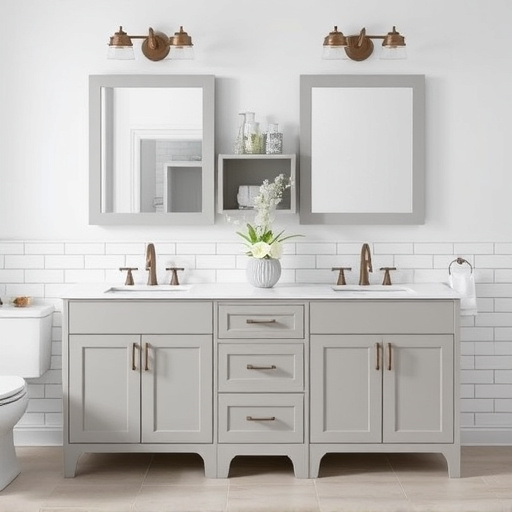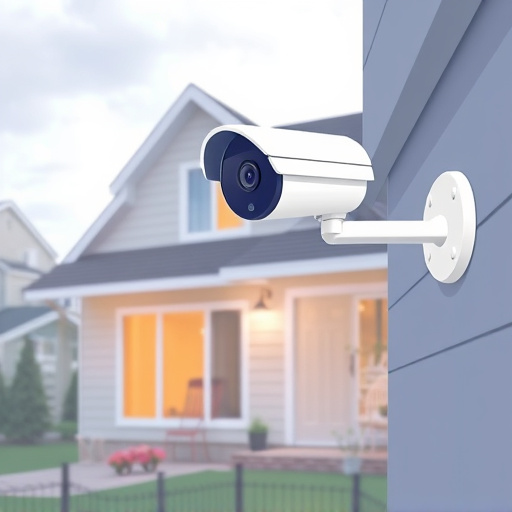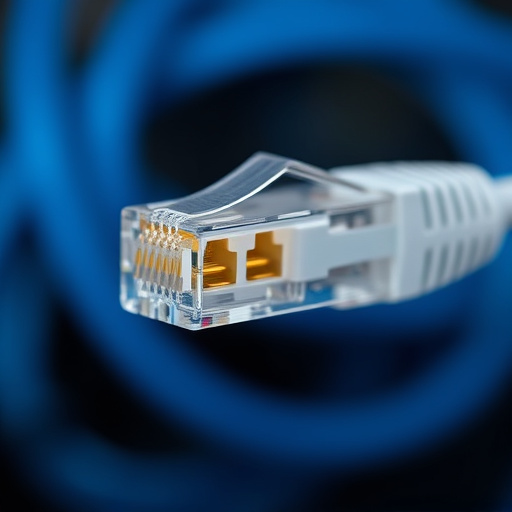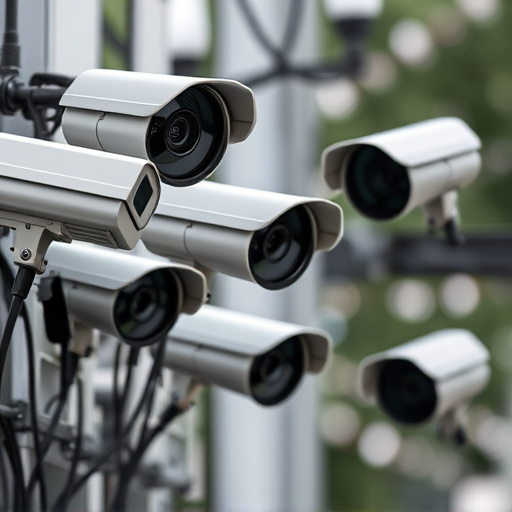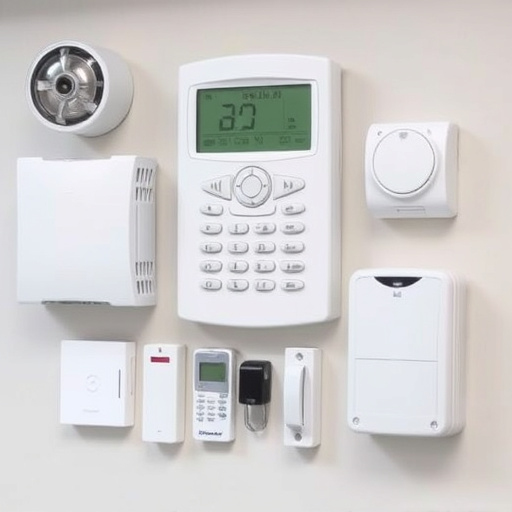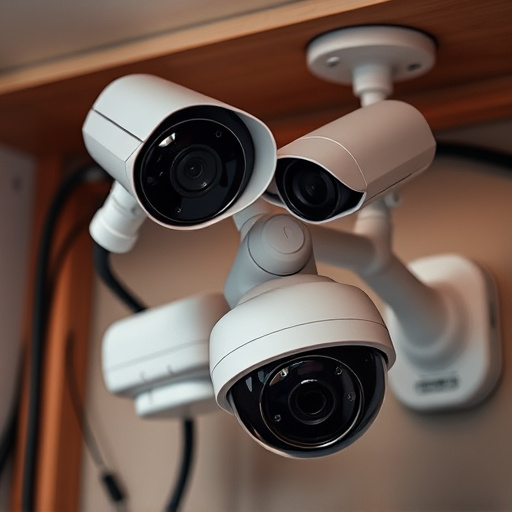Security Camera Systems in Pittsburgh, PA, are governed by state and local laws aiming to balance public privacy and security needs. Local ordinances detail camera placement, operation, and data storage for both public and private spaces, while state laws provide general guidelines. Residential areas allow doorbell cameras with conditions, and commercial entities require permits and specialized licenses. Pittsburgh's regulations protect privacy rights while enabling effective monitoring and law enforcement support.
“Exploring the legal landscape of Security Camera Systems in Pittsburgh, PA is crucial for any business or resident looking to enhance their safety measures. This comprehensive guide delves into the intricate web of local laws governing these systems, focusing on the Legal Framework, Permits & Licensing, and Privacy Rights. Understanding these aspects is essential to ensure compliance and maximize the benefits of surveillance technology in Pittsburgh.”
- Legal Framework for Security Cameras in Pittsburgh PA
- Permits and Licensing Requirements for Camera Installation
- Privacy Rights and Regulations for Surveillance Systems
Legal Framework for Security Cameras in Pittsburgh PA

In Pittsburgh, PA, the legal framework governing Security Camera Systems is a blend of state and local regulations. The primary focus is on balancing public privacy rights with the need for enhanced security measures. State laws, such as those pertaining to video surveillance, dictate general guidelines for installation and operation of cameras, ensuring they are not used to invade personal privacy. Local ordinances further refine these rules, specifically addressing issues like camera placement, lighting, and recording policies for both public and private spaces.
These regulations also extend to specific types of security devices, including doorbell cameras and local security cameras, which must comply with privacy standards. Surveillance systems, whether installed by individuals or businesses, are subject to these laws. Pittsburgh’s legal framework ensures that the use of Security Camera Systems is transparent, responsible, and in line with the rights and expectations of its residents, fostering a safe and secure environment while preserving individual freedoms.
Permits and Licensing Requirements for Camera Installation

In Pittsburgh, PA, the installation of security camera systems is subject to local laws and regulations that govern permits and licensing. Before deploying any surveillance equipment, individuals or businesses must obtain the necessary authorizations from relevant authorities. The city’s rules aim to balance privacy rights with public safety concerns, ensuring that the placement of cameras adheres to strict guidelines. These regulations cover various aspects, including camera positioning, data storage, and accessibility, especially for commercial properties.
For residential areas, doorbell cameras are a common point of interest, as they offer homeowners enhanced security features. However, even for these seemingly benign applications, there might be specific requirements, such as notification to neighbors or restrictions on recording certain sensitive zones. Commercial enterprises employing comprehensive security camera systems or surveillance networks must navigate a more intricate process, ensuring compliance with local laws and potentially acquiring specialized licenses. This diligence ensures the legal and ethical operation of Pittsburgh’s diverse range of security camera installations.
Privacy Rights and Regulations for Surveillance Systems

In Pittsburgh, PA, as with many urban areas, security camera systems are an integral part of public and private safety strategies. However, they also raise significant concerns about privacy rights. State and local laws govern how these surveillance systems can be implemented to ensure a balance between enhancing security and preserving individual freedoms. For instance, the placement and operation of security cameras must adhere to strict regulations, including notification requirements for individuals under surveillance and limitations on data retention.
Homeowners and businesses considering the installation of security camera systems, whether through professional CCTV installation or custom surveillance setup, should be aware of these legal parameters. Adopting cloud video surveillance can also offer additional privacy protections by storing footage remotely and securely. Pittsburgh’s laws are designed to safeguard residents while empowering law enforcement and property owners with effective monitoring tools.
In Pittsburgh, PA, understanding local laws is paramount when implementing security camera systems. The legal framework, permits, and privacy regulations outlined in this article provide a comprehensive guide for businesses and residents looking to enhance their safety measures. By adhering to these guidelines, individuals can ensure their surveillance systems are both effective and legally sound, fostering a secure environment without compromising privacy rights in the process. For those seeking to install security camera systems in Pittsburgh PA, knowledge of these local laws is an essential step towards achieving peace of mind and enhanced security.

